Trump, TRIPP and future of the South Caucasus Luke Coffey’s Article for the Hudson Institute
The Hudson Institute has published an article by Senior Fellow Luke Coffey dedicated to peace in the South Caucasus. Caliber.Az presents an excerpt from this piece.
"History was made at the White House on August 8, 2025, when President Donald Trump hosted Armenian Prime Minister Nikol Pashinyan and Azerbaijani President Ilham Aliyev for a landmark meeting. Against all odds, and after more than three decades of failed diplomacy by the international community, the two leaders from the Caucasus signed a joint declaration committing to a final peace treaty that will normalise relations between Azerbaijan and Armenia. Their foreign ministers also initialled a draft version of that treaty.
Diplomats brokered this breakthrough not in Moscow, Paris, or Brussels—but in Washington. For decades, the South Caucasus has been a flashpoint for regional competition, unresolved wars, and missed diplomatic opportunities. Now, with US reengagement, real peace between Armenia and Azerbaijan may finally be within reach.
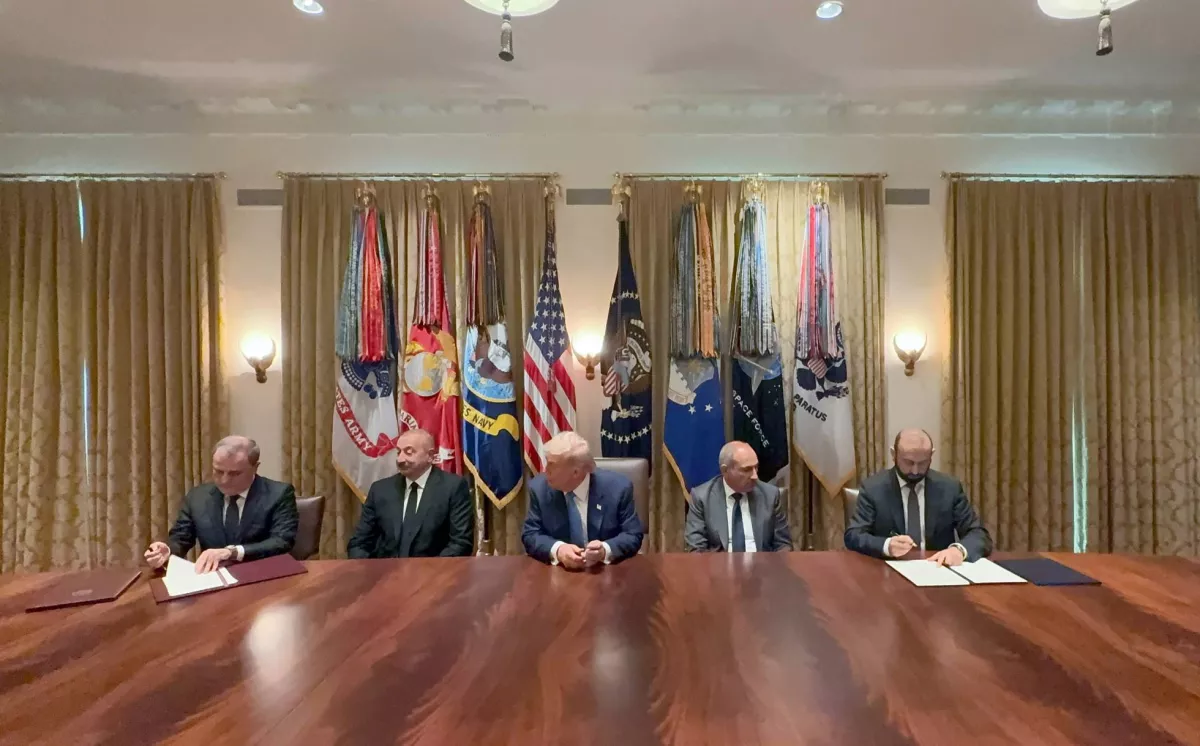
However, big challenges are still on the horizon. Questions remain about Prime Minister Pashinyan’s political stability, which could be undermined, especially in the lead-up to Armenia’s parliamentary elections next June, as hardline nationalists and Moscow-backed groups inside Armenia challenge his authority and the legitimacy of the peace process.
Many questions remain unanswered about how the regional transport links envisioned in the peace agreement—including the Trump Route for International Peace and Prosperity (TRIPP)—will be funded and financed.
The hard work begins
In many ways, the hard work begins now. Both sides have committed to ratifying the peace treaty over the course of the next year. Two major issues will need to be addressed before ratification is possible: (1) crucial changes to Armenia’s constitution and (2) visible and real progress on creating and implementing TRIPP.
An essential step for advancing peace is reforming the Armenian constitution, which contains an implied territorial claim against Azerbaijan through its reference to the 1990 Declaration of Independence.

For Baku, this is not a semantic matter but a structural obstacle to peace. As President Aliyev recently stated, “As soon as this amendment to the constitution is made and territorial claims to Azerbaijan are deducted from the constitution, the formal peace agreement will be signed.”
Amending the constitution to remove these references would not only address Azerbaijan’s concerns but also demonstrate Armenia’s seriousness about normalisation and closure of the territorial dispute.
Creating and implementing TRIPP
Another significant matter that will have to be addressed is whether progress is being made on opening regional transport links, specifically the so-called Zangezur Corridor. Under the 2020 ceasefire agreement brokered by Russia, which ended the 44-day Second Karabakh War, Armenia agreed in principle to allow such connections.
Almost five years later, however, this has not been implemented, which is understandably frustrating for Azerbaijan.
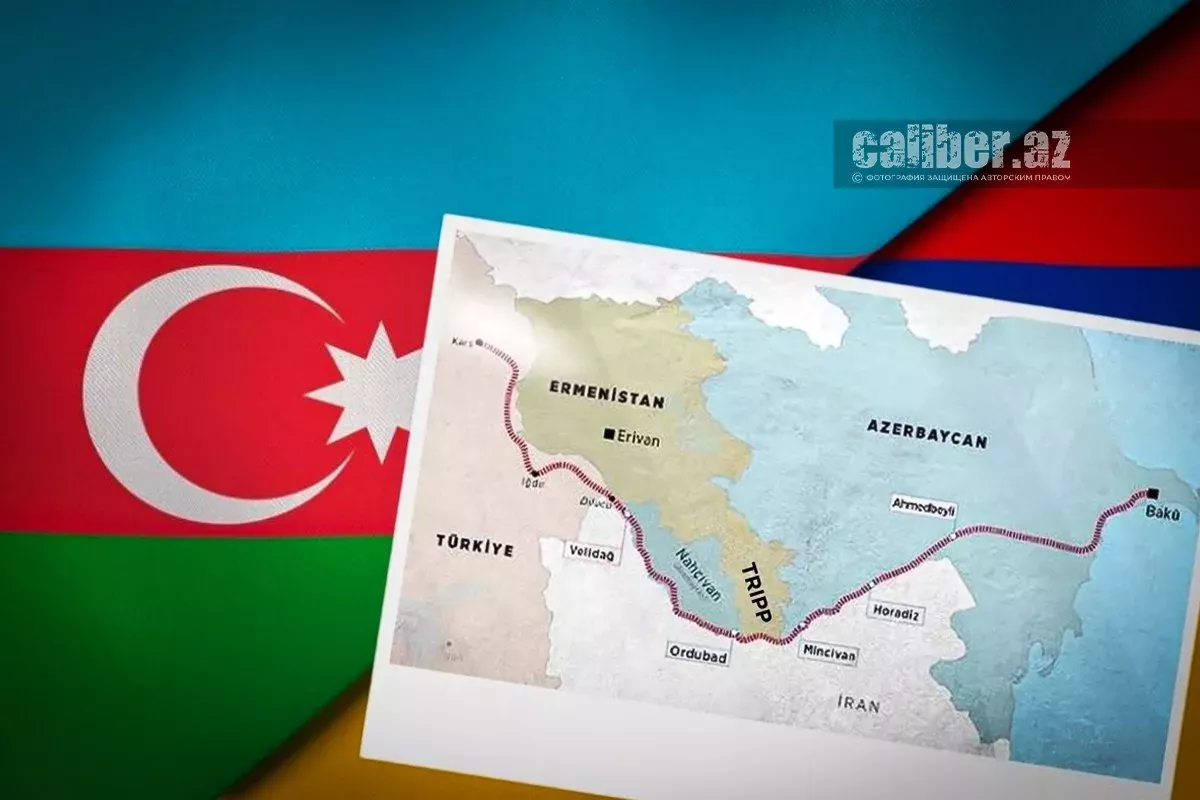
To address this impasse, the White House proposed a novel idea: the Trump Route for International Peace and Prosperity, or TRIPP, a US-led initiative to facilitate the opening of a secure transit corridor through Armenia, linking Azerbaijan proper with its exclave of Nakhchivan.
A private US-backed firm is slated to manage the corridor’s logistics and security in coordination with Armenian authorities. Construction is expected to begin before the end of the year, with the route envisioned to be fully operational before President Trump leaves office.
Regional implications
There is no doubt that Armenia-Azerbaijan normalisation would bring great benefits to both countries. For Azerbaijan, it resolves a decades-long geopolitical challenge: securing its territorial integrity against outside aggression while also achieving the long-sought transport and communication links to its Nakhchivan enclave. For Armenia, peace with Azerbaijan promises political stability at home and the prospect of economic growth, building on a centuries-old tradition of local and regional trade between the two peoples. With peace, new investment opportunities will likely emerge that were impossible during decades of conflict. Considering Armenia’s fragile economy, normalisation with both Azerbaijan and Türkiye could bring untold economic benefits in the long term. Moreover, it could give Armenian leaders the political space needed to pursue closer relations with the Euro-Atlantic community.
Different countries in the region and beyond will view the Armenia-Azerbaijan peace agreement in different ways. But once it is ratified—and once provisions such as the TRIPP are realised—there is little doubt that the geopolitical landscape in the South Caucasus will change.
Türkiye
Ankara is the region’s biggest winner. The peace agreement and the creation of TRIPP enhance the resilience of east–west transport routes linking Türkiye to the heart of Eurasia. Currently, Türkiye’s primary eastward route passes through Georgia into Azerbaijan and then across the Caspian Sea. TRIPP is not intended to replace this corridor but to complement it, providing an alternative route that ensures continuity of trade even if the Georgian corridor is disrupted.
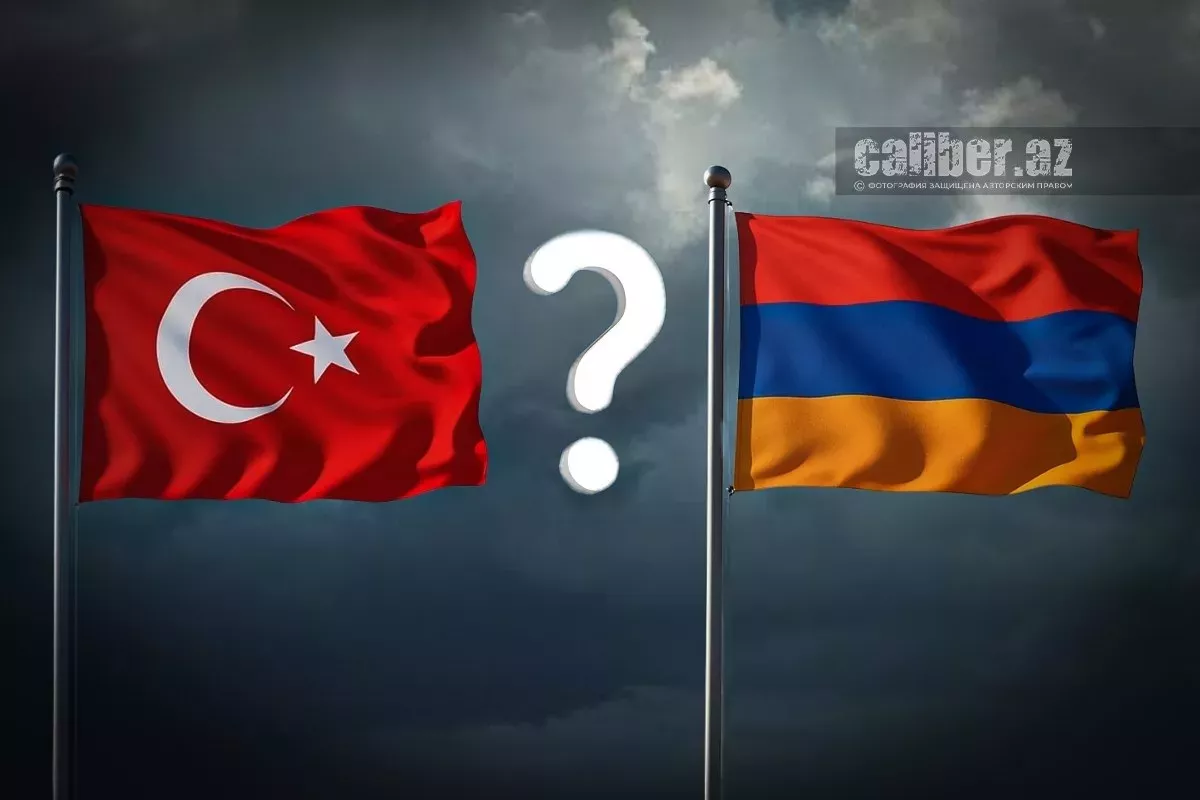
Currently, the Turks are constructing a new rail line linking Kars with Dilucu, located on Türkiye’s border with Nakhchivan. This will eventually connect to the TRIPP and on to Central Asia. Another implication for Ankara is the new political space created for normalisation with Armenia. Although Türkiye was one of the first countries to recognise Armenia’s independence in 1991, relations quickly deteriorated after Armenia’s invasion of Azerbaijani territories in the early 1990s. With peace between Yerevan and Baku on track, new opportunities for Ankara-Yerevan reconciliation are beginning to emerge.
The Organization of Turkic States
The peace agreement strengthens the Organisation of Turkic States (OTS) and accelerates Turkic cohesion across Eurasia. Collectively, the OTS represents an emerging geopolitical pole in Eurasia, increasingly capable of challenging Russian influence. Kazakhstan and Kyrgyzstan publicly supported fellow OTS member Azerbaijan against Armenia during the recent conflict, demonstrating allegiance to the OTS.
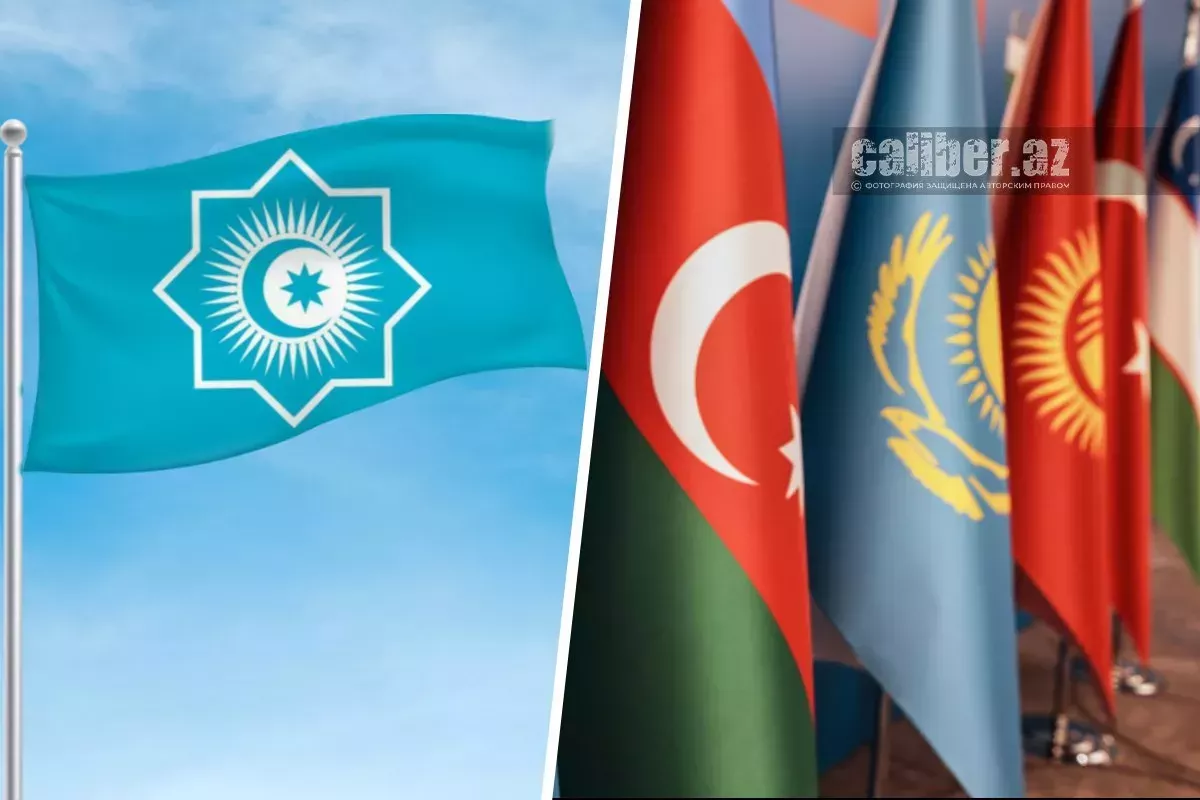
Since regaining independence in the early 1990s, the Central Asian republics, along with Azerbaijan, have sought to shed their Russian-imposed cultural links in favour of reviving their Turkic roots, culture, and shared history.
TRIPP’s creation will only encourage OTS members to expand cooperation, particularly in trade, energy, and economic integration.
The United States
Peace between Armenia and Azerbaijan creates a long-overdue opening for greater US engagement in the South Caucasus and beyond. The US Central Asia strategy is already outdated, given the scale of regional changes since then—from the US withdrawal from Afghanistan to the Second Karabakh War to Russia’s invasion of Ukraine. The South Caucasus, and Azerbaijan in particular, is a key geographic and transit gateway for the United States and Europe into Central Asia. Normalisation of relations between Armenia and Azerbaijan, coupled with the creation of TRIPP, represents a rare diplomatic success for Washington in Eurasia. The United States should seize this momentum to project influence in the region as a resident power.
Recommendations
President Trump’s South Caucasus diplomatic initiative opens up a new opportunity for Washington to become more engaged in the region. To do so, it should take the following steps:
For Azerbaijan: The United States and Azerbaijan have had a good security, intelligence, and counterterrorism relationship since 9/11, although at times, certain lobby and pressure groups in Washington have made cooperation and practice difficult. Section 907 of the Freedom Support Act is an unfair impediment to action in the interest of US security. One of the biggest maritime capability gaps in the Caspian is maritime domain awareness, so the US should focus on providing coastal radar stations, radar for ships, and communication equipment to help improve command and control. Washington should provide the Azerbaijani Navy with training opportunities, officer exchanges, and equipment modernisation wherever possible.
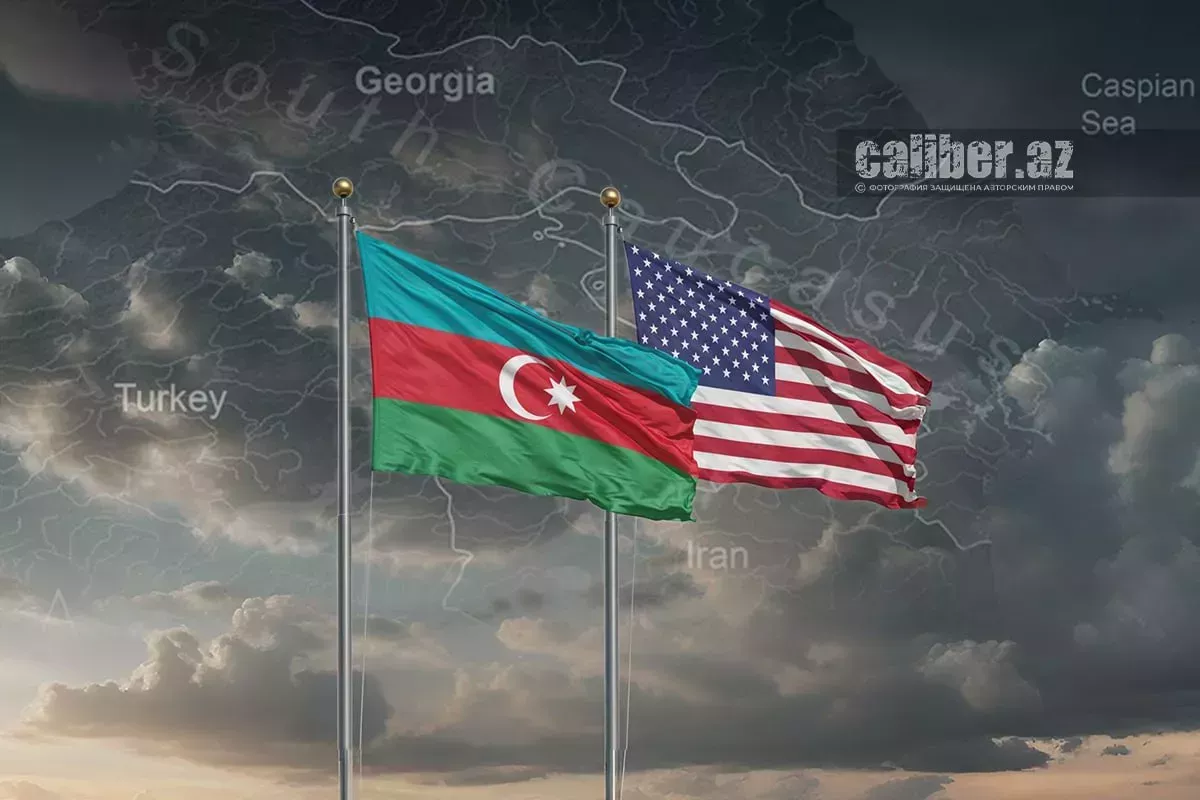
For Armenia: Pursue policies that bring Armenia closer to the Euro-Atlantic community, while remaining realistic about Russia’s influence.
Russia maintains the 102nd Military Base in Gyumri. Even as relations with Moscow have soured since the 2020 war, these deployments ensure Russia retains influence over Armenia’s security and foreign policy.
Make quick progress on TRIPP. Since this transit route is branded with the Trump name, the president needs to take a direct role in ensuring the project’s completion and success. Many questions remain about which international businesses will form the consortium that runs and manages the route and how the financing and funding will take place.
Push for the construction of the trans-Caspian natural gas pipeline. Just as the Clinton administration provided diplomatic and political support for the Baku–Tbilisi–Ceyhan oil pipeline in the 1990s, the Trump administration should use its newfound diplomatic momentum to work with Azerbaijan and Turkmenistan for the construction of a trans-Caspian gas pipeline that could connect Turkmenistan’s vast natural gas resources to European markets. In the short term, this could be quickly accomplished by an interconnector linking up Turkmen and Azerbaijani gas fields in the Caspian
Build closer relations with the OTS. Turkic influence is on the rise across much of Eurasia, and the OTS is only going to grow in geopolitical significance and importance in the coming years. For starters, Secretary of State Marco Rubio should meet the OTS secretary-general in order to start an official dialogue.
Offer political and commercial support for new transit links. The United States should support the creation of new transit links that connect Armenia to the rest of the region and promote joint Armenia-Azerbaijan infrastructure projects, particularly those that can build confidence.
If there is genuine peace and a trans-Caspian pipeline is built, regional governments could work to create a Turkmenistan–Azerbaijan–Armenia–Nakhchivan–Türkiye gas pipeline. Such an ambitious project could help integrate the region, build trust among old adversaries, and aid Armenia with its energy issues
Expand the US diplomatic presence in the region. In addition to committing to more senior-level visits, the United States should consider establishing a presence—a consulate general, consular agency, or other permanent outpost—in several strategic locations in the region like Ganja, (Azerbaijan) and Kapan, (Armenia).
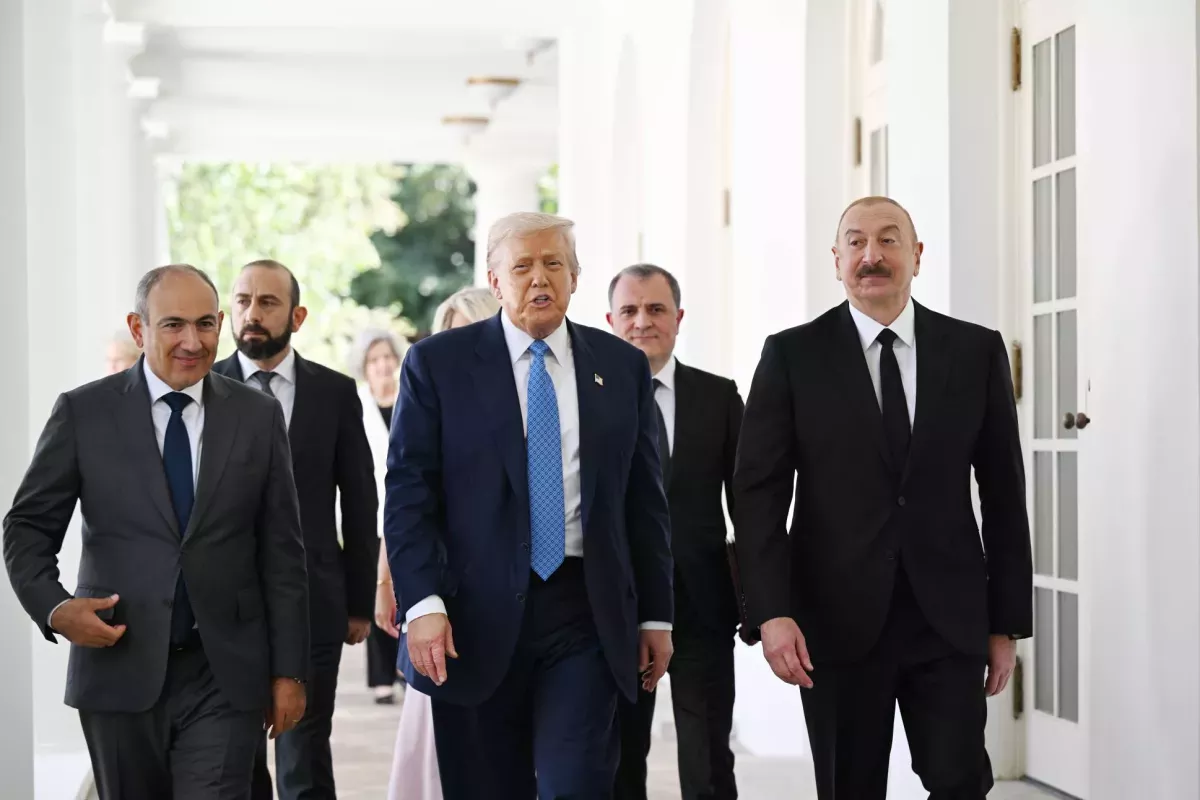
Increase the US political presence in the region. President Trump should visit Armenia and Azerbaijan. In the past two decades, there has been a lack of high-level US engagement across Eurasia. Secretaries of State John Kerry, Mike Pompeo, and Antony Blinken each made only one visit to Central Asia. The last secretary of state to visit Armenia or Azerbaijan was Hillary Clinton in 2012. The last Secretary of Defence to visit Azerbaijan was Bob Gates in 2010.
Push for normalisation between Türkiye and Armenia. Once Armenia and Azerbaijan formally ratify the peace agreement and relations between the two are normalised, Türkiye should be strongly encouraged to pursue normalisation with Armenia. The reopening of borders and the re-establishment of diplomatic relations between the two could enhance the transit and economic viability of the South Caucasus and help set the conditions for a lasting regional peace," Luke Coffey wrote.








